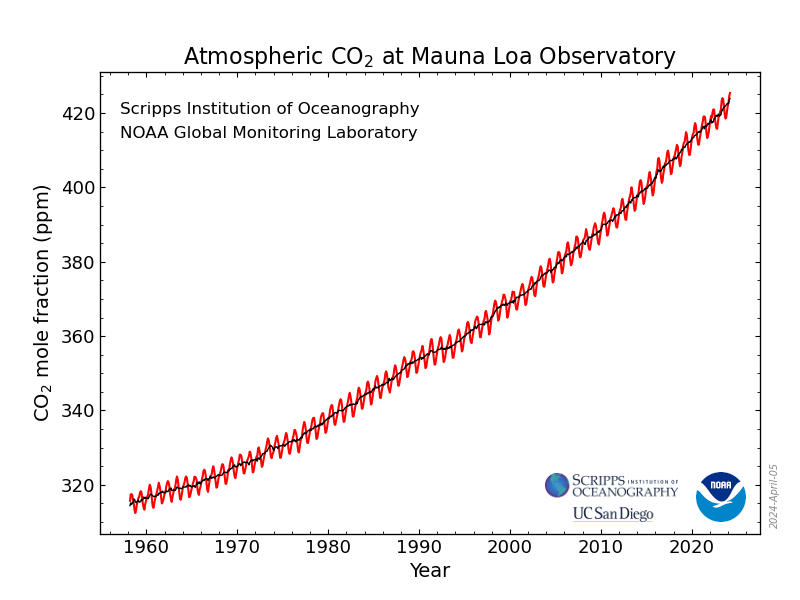Welcome to the Oceans & Climate Group @Penn!
What do we do?
Our research crosses traditional disciplinary boundaries and lies at the junction of climate dynamics, physical oceanography, biogeochemistry and ecosystem dynamics. We run global climate models and study their output; we analyze satellite observations and field measurements of ocean and atmospheric variables; and we develop theoretical frameworks to advance the knowledge of ocean biogeochemistry, physics, and ecology, as well as the ocean-atmosphere interactions. Our work has relevance for understanding both past and future climate change. Recent research directions include: 1) The distinct role of Southern Ocean dynamics in global climate 2) The response of ocean biogeochemistry to climate change, including feedbacks 3) Observations of ocean ecology and biodiversity from space 4) Ocean ecological responses to climate change
Video Keynotes
Our subject matter
Human activities have caused a rise in atmospheric CO2 content that our planet has not experienced for hundreds of thousands of years. The resulting global climate change is one of the biggest problems that humanity faces. The world ocean is a critical component of the Earth’s climate system, because it stores and transports heat, freshwater, carbon, oxygen and nutrients. These oceanic storage and transport processes are both influenced by anthropogenic global warming and are likely to have a critical influence on how climate change plays out, particularly on multi-decadal and longer time scales. Globally, the ocean took up more than 90% of the additional heat added to the Earth since the 1960s; the ocean contains ~50 times more carbon than the atmosphere; it takes up about 25% of anthropogenic CO2 emissions; and it accounts for around 50% of photosynthesis on the planet. The vast and largely unexplored ocean area around Antarctica, called the Southern Ocean, is particularly interesting in the context of climate, as it accounts for ~40% of the modern oceanic CO2 uptake and more than half of the oceanic heat uptake. We study how the world ocean in general, and the Southern Ocean in particular interconnect with the global climate.

